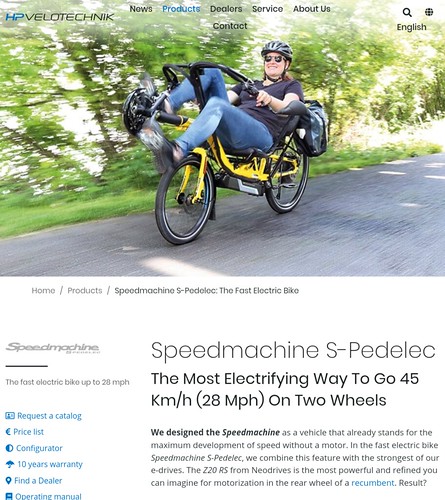@baldcyclist: The pedelecs.co.uk forum has a pretty good "sticky" thread which goes in to a lot of detail about the regulations applying to e-bikes:
https://www.pedelecs.co.uk/forum/threads/pedelec-law-the-details.37594/
There is a discussion of the particular points you raise within it:
Kit Motors
Be aware that hardly any of the above applies to kits or any home construction, the regulations only being for manufactured pedelecs. So both individuals and suppliers operate in a legal vacuum in which all try to supply and/or use as closely conforming to the complete e-bike law as they can, trusting that is acceptable. That has always worked throughout all of Europe and the UK without any mention of a possible prosecution, providing the three main points of the law are adhered to, i.e. 250 watts maximum assist, 15.5 mph maximum assist speed and power only when pedalling
Bear in mind, though, that that is just the start of it - there's a lot more in there (I did say that it goes in to a lot of detail!) In summary, though, it's a bit of a legal grey area, though there is a process by which approval can be sought for a given single vehicle.
I get the impression that the kit retailers rely on hand-wavy and/or incomplete detail in their answers to specific questions on the subject. Basically, you can build anything you like for use on private land, but they maybe don't make that as clear as they should. (See also: retailers of e-scooters and 'mini' off-road motorcycles.)
"If I could basically cruise at 15mph for 20 miles that would be awesome, no dipping to 10 on the hills etc"
I think that will depend on (a) the hill, and (b) the capacity of your battery. I usually ride my Bosch-powered eMTB on the Eco (hmm...) assistance setting but I do sometimes click up to higher settings if I'm feeing lazy or just plain knackered. The Turbo setting is pretty awesome but it drains the battery much faster than Eco, and there are some hills that even 250W of assistance won't get you up at 25kmph (though it will usually get you up).



 posts
posts
